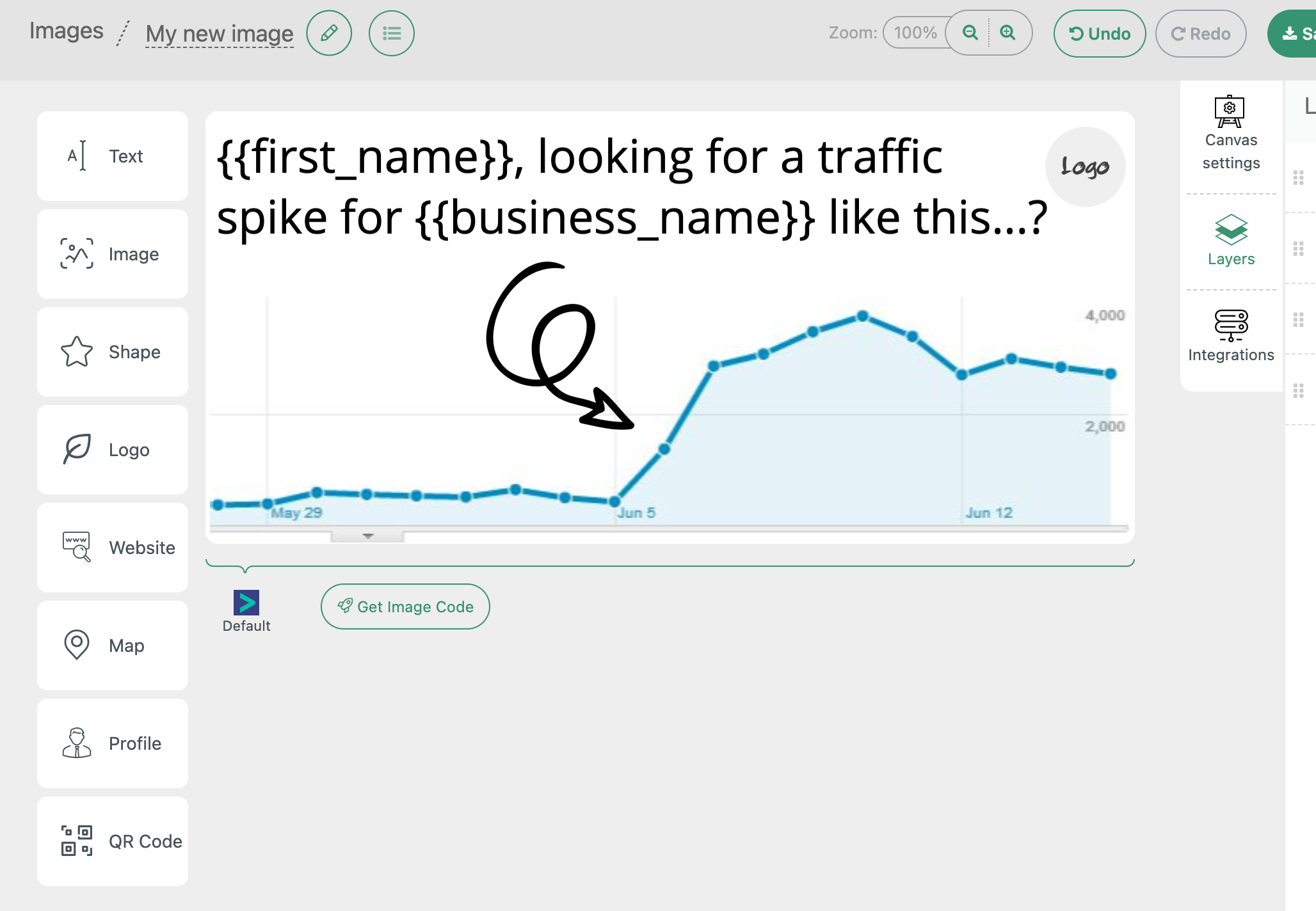The most effective form of marketing is personalised marketing – targeted to your audience.
Humanising your marketing can help to build trust and stronger relationships with your customers.
Perhaps the easiest place to implement this personalised approach is via email marketing, although there are many different tools to apply this across other marketing content.
Looking to drive traffic to a landing page? Maybe drive sign ups to a webinar or other initiative? Personalised marketing materials could help. There are a range of personalisation options, from images to videos and even website pages.
Read on to understand the potential this could bring your life science company.
Personalised website pages
If you have a blog post or landing page you can make customisations to the text. Want to add someone’s first name? Their job title? This is all possible on your website.
This helps to enhance the relevance of your content. The blog post is no longer dry-theory based content but relevant to the person’s company.


Personalised images
If you’re looking to enhance the relevance of email or social media marketing then consider personalised images.
Want more guidance over your social media marketing? Read how to develop a campaign for your business.
For instance, if you’re sending direct messages to people using LinkedIn, a personalised image may work well to enhance the visual nature of your message and to stand out from the crowd.
To enhance this further, you could integrate this with other automation tools such as Zapier to take prospects further down your sales funnel.
How does this personalisation work?
Tags called UTM parameters can be added to the end of a website URL to send information into the website code. You may have seen UTM parameters used in other tracking tools to identify traffic sources from your emails or social media.
UTM parameters help to pass information from one website to another, we can use one specific UTM parameter to insert the information into your personalised materials.
What if I don't have the users' information?
Everyone has an IP address. It’s a unique identifier for each Wi-Fi network across the globe. If the person who views your website is from a medium sized or larger business the IP address can sometimes be tied back to the company and therefore serve personalised information.
This is called a reverse IP look-up.




